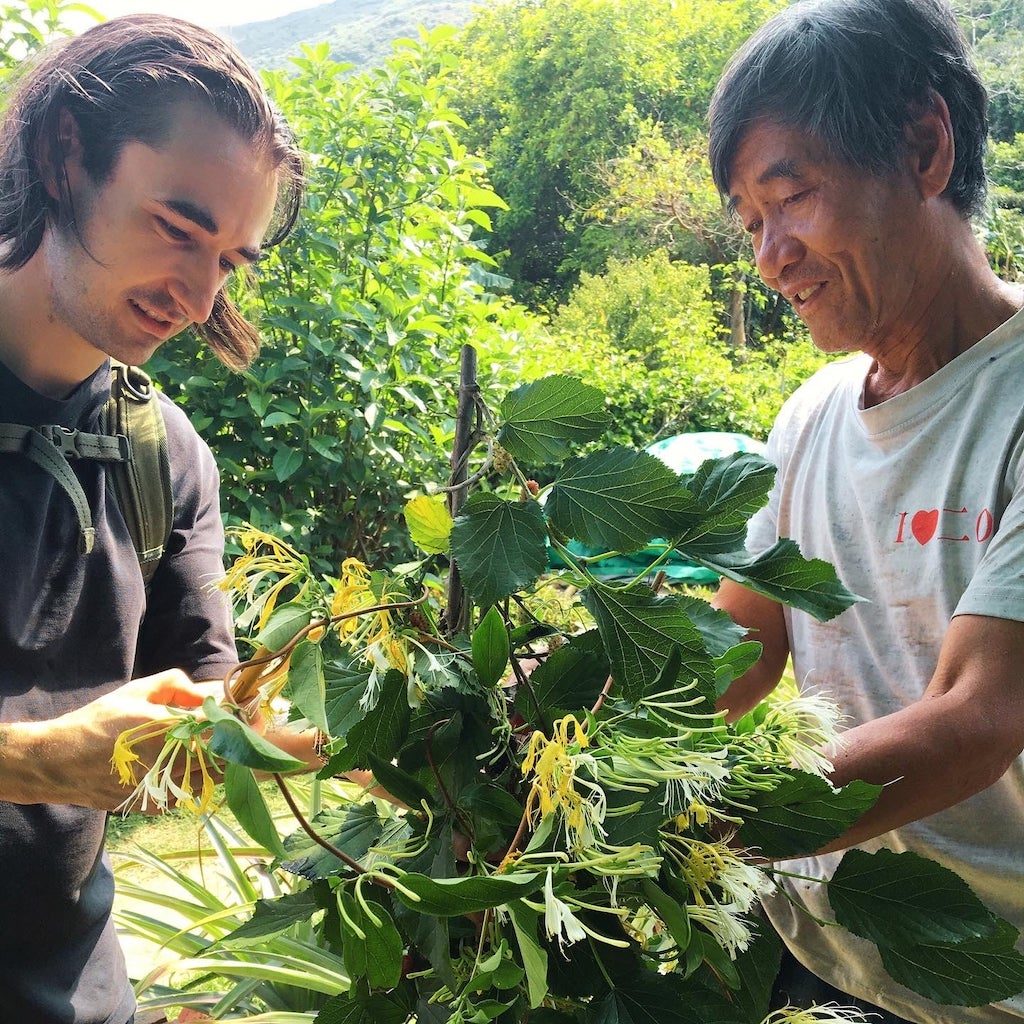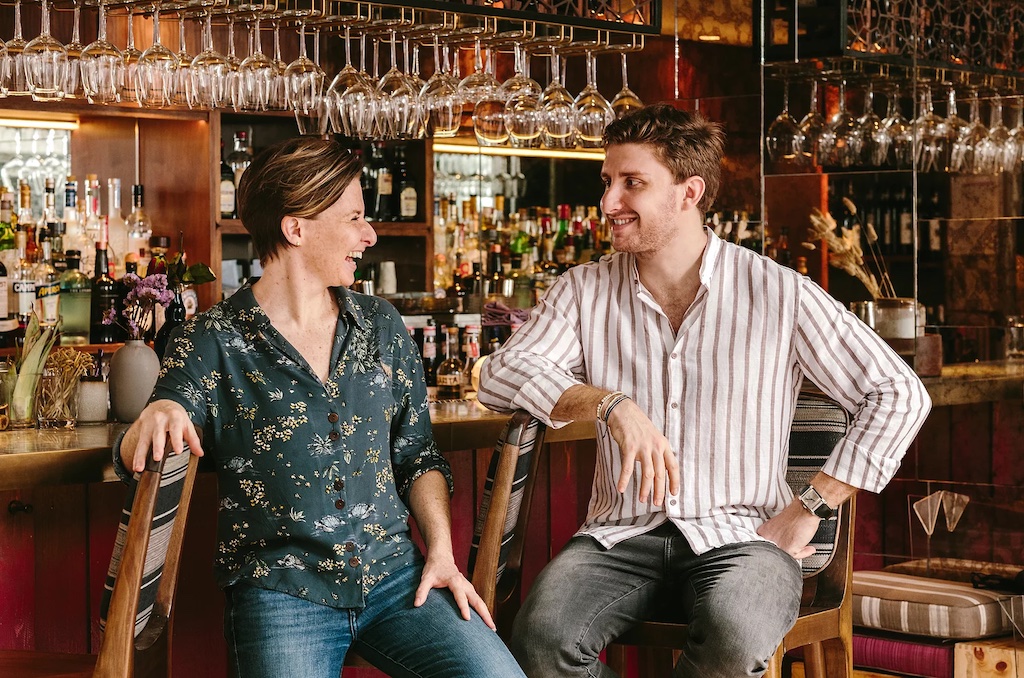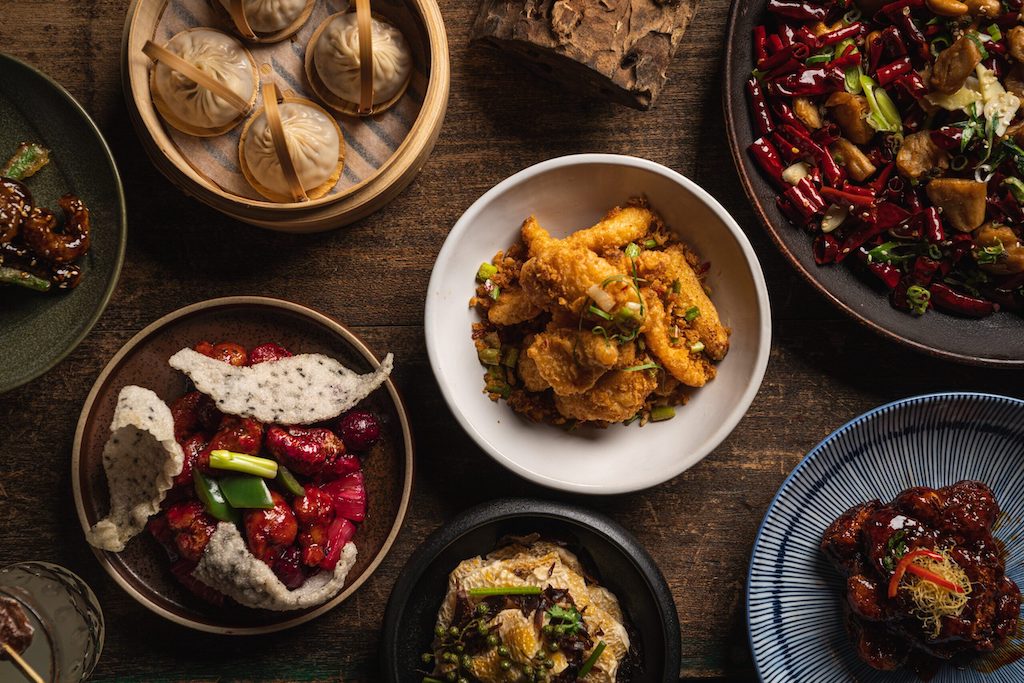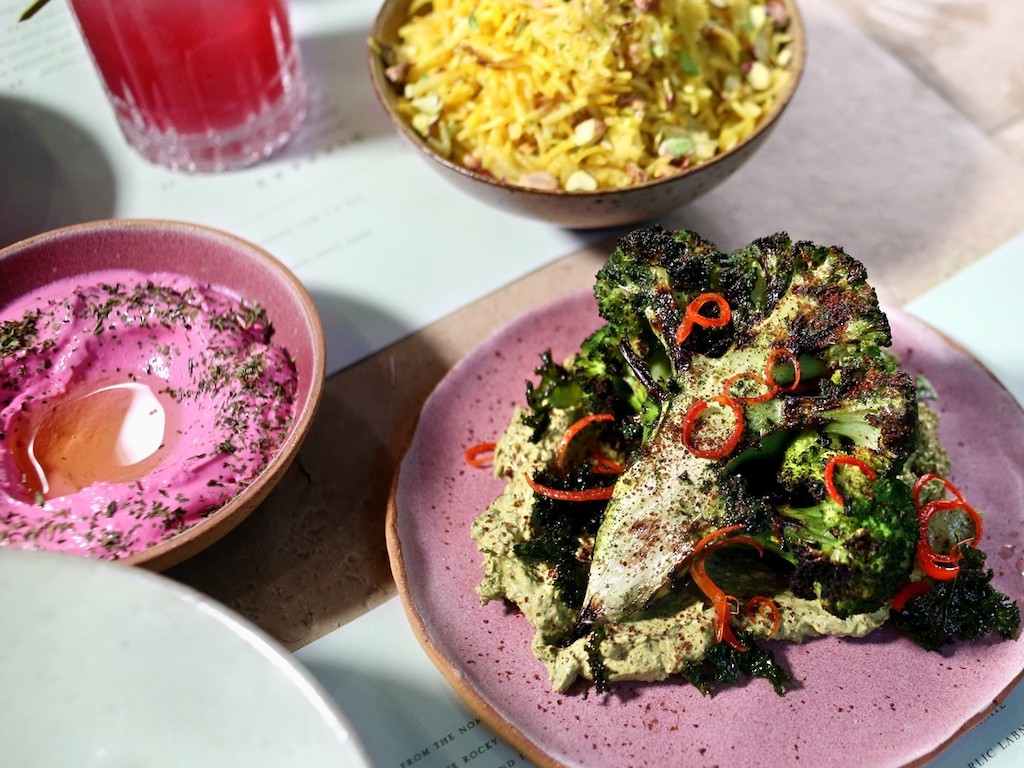5 Mins Read
Whether a dish contains carbon-intensive animal proteins or whether the ingredients are sourced locally or grown sustainably, more consumers are considering these factors when making food decisions. Now, restaurateurs in Hong Kong want to do their part to cut our food footprint by supporting local regenerative agriculture.
Perhaps the most vocal figure in Hong Kong’s sustainable F&B industry is chef Peggy Chan, known as the mind behind iconic late plant-based restaurants Grassroots Pantry and Nectar. Chan has since been working on her impact venture Zero Foodprint Asia (ZFPA), the regional offshoot of the American nonprofit Zero Foodprint (ZFP) founded by chef-activist Anthony Myint of Mission Chinese Food fame.
At the core of ZFP is supporting regenerative agriculture through education programs and restore grants, helping farmers across the U.S. to shift to practices like no-tillage, composting and planting cover crops. ZFPA is kickstarting similar projects in Hong Kong, recently launching a “1% pledge to restore the planet” initiative with the city’s F&B brands to fund local regenerative agriculture projects.
‘Recognising the true cost of food’
For Chan, supporting regenerative agriculture in Hong Kong is vital to building a more sustainable food system—and the F&B industry must do its part in the city, with Hong Kong boasting the highest density of restaurants per capita in the whole world.

“Between 80-90% of food’s emissions comes from the supply chain and land use, so the largest impact when it comes to carbon reduction is to tackle the root of where those emissions are derived from,” she explains. “Which means shifting away from industrial production systems to more regenerative ones.”
“Our industry is fixated and focused on food waste reduction, eliminating plastic or serving more plant-based—all of which are extremely important—but requires that every citizen and business participates,” she continues.
That’s why ZFPA takes the approach of “leveraging off the existing consumption model,” says Chan, in turn holding all businesses to account to “recognize and internalize the true cost of food at the end of the bill.”
How the 1% pledge works, in practice, is that participating restaurants will donate 1% of all customer bills to the ZFPA fund, which then supports farmers who use healthy soil management practices that boost carbon sequestration.
At scale, Chan believes that this program, while causing “minimal to no disruption” to consumers, will help “incentivize and assist farmers to grow better food while storing carbon in the soil.”
Hong Kong’s regenerative farms
Already, the fund is supporting two pilot projects in the city. One is located in Kam Tin, just east of Yuen Long, while the other is in Ta Kwu Ling, near Sheung Shui. ZFPA is supporting these farms with its advisory and scientific board, providing training and assistance to help farmers monitor things like soil changes, and track how regenerative practices are improving soil health.

The organisation is also creating a standard methodology to pull all the data collected together, which can then be used to see how much impact these initiatives are having in both the short and long term. ZFPA is especially interested in knowing how much carbon could potentially be sequestered through regenerative farming in the city, and see how this could be replicated on a larger scale.
Serving dishes with an impact
For restaurant business owners, partnering up with ZFPA is a small but impactful move to help accelerate the sustainable food movement in Hong Kong. Laura Offe, founder and managing director of Meraki Hospitality, the group behind the buzzing Soho favourites Uma Nota and Bedu, joining hands with ZFPA is an “incredible opportunity to tackle a problem starting from the ground up.”
“Hearing about the damaging effects of climate change is never pleasant,” Offe said, but the program is offering a “renewed sense of optimism, knowing change is within reach and we’re excited to contribute, starting with a single-digit percentage, closing supply chain gaps, and shining a light on the great farming communities in our own backyard.”

Chef Agustin Balbi of Jia Group’s chic Japanese-Argentinian establishment Ando agreed, noting how the initiative has helped create a “connection with nature first-hand” now that they’re working directly with local regenerative farmers.
“Learning about the hardships farmers go through everyday, we constantly felt like we needed to do something about this. Thanks to ZFPA, we can achieve this proactively, knowing that just 1% of the total bill can help farmers produce even better fruits and vegetables that we will later serve in the restaurant.”
Chef Balbi added that it even ignited new conversations among diners, who may not have been exposed to the concept of regenerative farming or paid attention to where their food was coming from before. “The response from guests has been great, they’re now supporting the cause and they understand it’s necessary to build a sustainable future,” he shared.

It’s also something that businesses can be proud of, with consumers—especially millennials and Gen Zs—becoming increasingly conscious of the impact of their dollars. Katelyn Ix, director of operations at Maximal Concepts, best known for its Mott 32 brand, said it was clear that the demand is there for businesses to “integrate better practices.”
“So when ZFPA came to us and explained how they plan to work with local farmers and the good this will do ultimately for not only the environment but also our community, of course, we wanted to be involved,” she explains. “This is something that could create real, tangible change and we are proud to be among the first partners in Asia.”
Lead image courtesy of Bedu / Meraki Hospitality Group.




